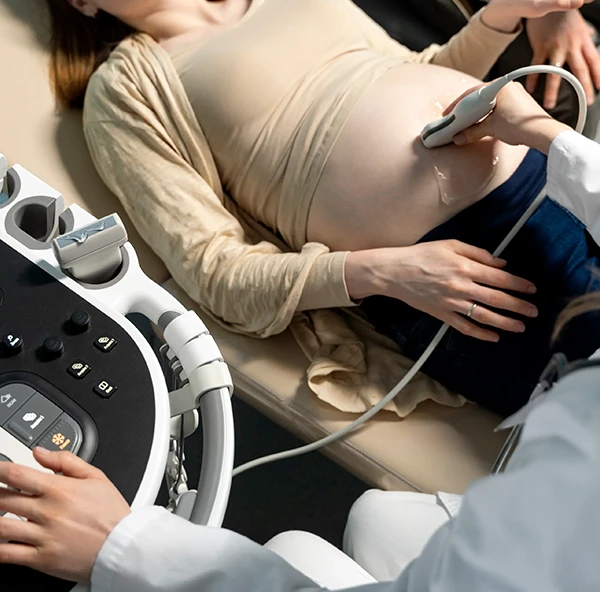

Overview
Specialised insights, tailored for your unique fertility journey
In certain cases, achieving pregnancy through IVF requires deeper insights beyond conventional methods. Specialised testing helps identify hidden challenges and tailors treatment with precision. By evaluating endometrial receptivity and uncovering genetic factors, these tests provide a clearer roadmap to improve implantation, minimise risks, and enhance the chances of a healthy pregnancy.
Benefits & Recovery
Understand the advantages,
Understand the advantages,
embrace the journey

Exploring every layer of fertility, with precision and care
ERA is a molecular diagnostic test that identifies the “window of implantation”, the most receptive time for embryo transfer. By analysing the genetic profile of the endometrium, ERA helps reduce failed implantation and improves success rates, especially for women with repeated IVF failures. The test is outsourced to specialised international labs to ensure accuracy and reliability, offering new hope to patients who have struggled with unsuccessful attempts.
Genetic health directly impacts fertility and pregnancy outcomes. Comprehensive genetic evaluation helps detect inherited conditions, chromosomal abnormalities, or mutations that may affect conception, embryo development, or the health of the baby. Early detection empowers couples to make informed decisions, reduces the risk of genetic disorders being passed on, and ensures safer, healthier pregnancies.

Benefits of Specialised Testing
Pinpoints the best time for embryo transfer with precision.
Detects hidden genetic or chromosomal factors affecting fertility.
Reduces risks of implantation failure or recurrent pregnancy loss.
Provides personalised treatment strategies for better outcomes.
Increases the chances of a healthy pregnancy and a healthy baby.
Wondering Why?
We’re Here to Answer
ERA is recommended for women who have experienced multiple failed IVF cycles despite good-quality embryos, as it helps identify the most receptive implantation window.
The ERA test involves a simple endometrial biopsy, which may cause mild discomfort but is generally well tolerated.
It helps detect inherited conditions or chromosomal abnormalities that may impact embryo health, pregnancy outcomes, or the baby’s well-being.
While it cannot guarantee the prevention of all conditions, it significantly reduces risks by identifying potential genetic disorders early on.
Specialised tests may add a small step to the treatment process, but they provide crucial information that can prevent repeated failures and increase the overall success rate.

Do you have more questions?
Your concerns matter to us. Drop us an email anytime, and we’ll respond with clarity, compassion, and the information you’re looking for.
Contact Us Today
No Worries Too Small. No Questions Too Late. Connect Now.
Your peace of mind starts with a conversation and we’re ready when you are.
Let’s Talk
